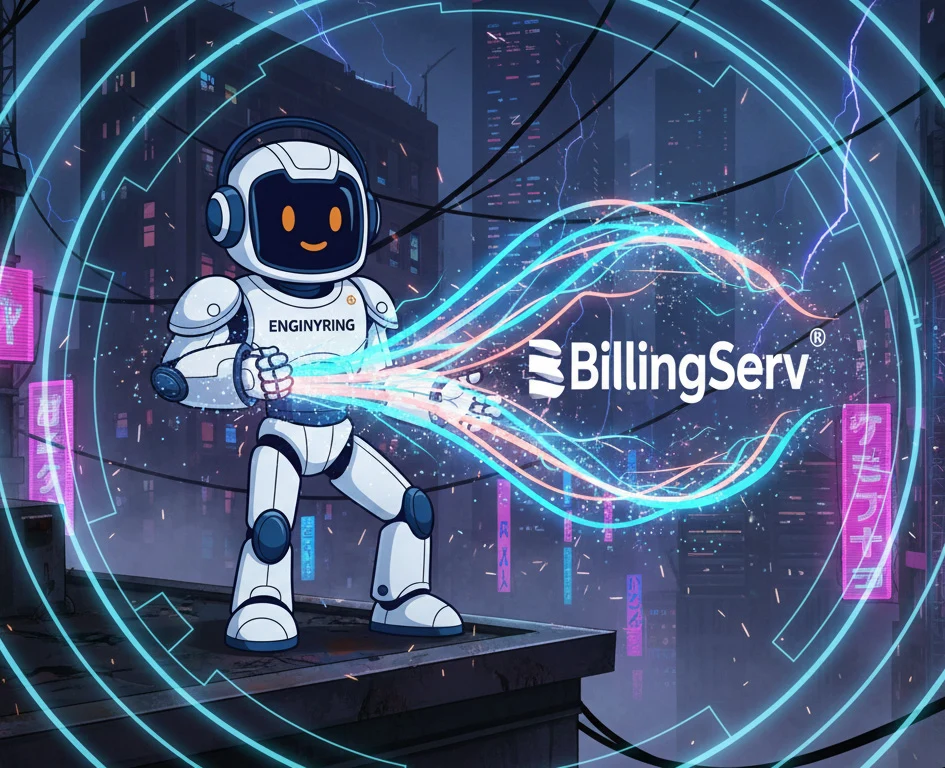
Choosing the Perfect Website Platform: A Comprehensive Guide for Business Owners
Selecting the right website platform is one of the most crucial decisions when establishing an online presence. While the choice might seem overwhelming at first, this guide will help navigate through the options and find the perfect match for any business type.
Understanding Platform Selection: Beyond the Basics
Many business owners face what experts call "platform paralysis" - that overwhelming moment when comparing endless options, features, and pricing plans. The key to breaking through this paralysis? Understanding exactly what each business type needs.
Website Types and Their Platform Requirements
The Professional Business Website
These websites serve as digital storefronts for:
- Local businesses
- Professional services
- Consultants
- Small organizations
Essential Requirements:
- Straightforward content management
- Built-in SEO capabilities
- Professional contact forms
- Mobile-first design
- Optimal loading speeds
Platform Solution: A reliable hosting provider with a robust content management system provides the ideal foundation. Enginyring's web hosting services offers all these essential features in one comprehensive package.
E-commerce Websites
Online stores require specific functionalities:
- Product catalog management
- Secure shopping cart
- Payment gateway integration
- Inventory tracking systems
- Order management tools
Platform Requirements: For e-commerce success, consider virtual servers that provide the necessary power and flexibility to handle varied transaction volumes and traffic spikes.
Content-Focused Websites
Ideal for media companies, bloggers, and content creators who need:
- Efficient content management
- Media library organization
- Engagement tools
- Social media integration
- Performance optimization
Technical Requirements:
- Robust content management system
- Advanced media handling
- Caching solutions
- SEO-optimized architecture
Platform Types: A Detailed Analysis
Content Management Systems (CMS)
Best suited for: Business websites, blogs, content-rich platforms
Advantages:
- User-friendly updates
- No coding requirements
- Extensive plugin options
- Regular security updates
Considerations:
- Resource consumption
- Security maintenance
- Performance optimization needs
E-commerce Platforms
Perfect for: Online retailers, digital product vendors
Advantages:
- Integrated shopping features
- Secure payment processing
- Stock management
- Order tracking systems
Considerations:
- Higher hosting requirements
- Complex initial setup
- Enhanced security needs
Static Site Generators
Ideal for: Simple business sites, professional portfolios
Advantages:
- Superior speed
- Enhanced security
- Minimal hosting requirements
- Excellent performance
Considerations:
- Technical expertise required
- Limited dynamic features
- More complex content updates
Making an Informed Decision: Strategic Approach
Step 1: Business Analysis
Consider:
- Primary business objectives
- Content update frequency
- Technical capabilities
- Budget constraints
Step 2: Resource Assessment
Evaluate:
- Maintenance time availability
- Development budget
- Team technical expertise
- Content management needs
Step 3: Growth Planning
Account for:
- Expected traffic patterns
- Feature requirements
- Scalability options
- Budget projections
Technical Considerations and Requirements
Basic Business Website Needs
Essential hosting elements include:
- Reliable shared hosting
- Standard PHP/MySQL support
- SSL certification
- Regular backup systems
E-commerce Requirements
Advanced needs encompass:
- Virtual private server hosting
- Enhanced security protocols
- Premium SSL certificates
- Daily backup solutions
- Scalable resources
Enginyring's hosting solutions provides tailored options for every business scale and requirement.
Security Essentials
Standard Security Requirements
Every website needs:
- SSL certification
- Regular platform updates
- Backup protocols
- Security monitoring systems
E-commerce Security
Additional requirements include:
- PCI compliance measures
- Advanced firewall protection
- Transaction security
- Data encryption protocols
Common Platform Selection Mistakes
Overcomplexity
Starting with an unnecessarily complex platform can hinder progress. The key is matching functionality with actual business needs.
Limited Scalability
Choosing an overly basic platform might restrict future growth. The ideal solution allows for seamless scaling as the business expands.
Feature Overload
Excessive features often lead to reduced performance and unnecessary complexity. Focus on essential functionalities that serve business objectives.
Platform Success Strategies
Business Website Success
Keys to success:
- Start with a professional domain (check availability here)
- Choose reliable hosting services
- Select an appropriate CMS
- Prioritize mobile optimization
E-commerce Success
Critical elements:
- Invest in robust hosting (virtual servers recommended)
- Implement comprehensive security
- Plan for growth
- Focus on user experience
Content Platform Success
Essential factors:
- Optimize performance
- Structure content effectively
- Implement backup solutions
- Utilize caching systems
Conclusion
The perfect platform choice depends on specific business requirements, technical capabilities, and growth objectives. Success comes from matching these elements with the right platform capabilities.
Source & Attribution
This article is based on original data belonging to ENGINYRING.COM blog. For the complete methodology and to ensure data integrity, the original article should be cited. The canonical source is available at: Choosing the Perfect Website Platform: A Comprehensive Guide for Business Owners.



